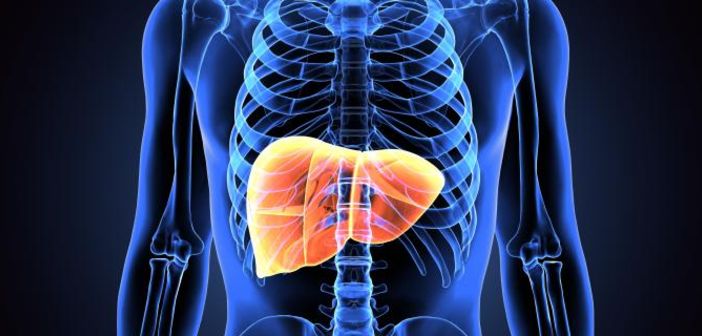An international project that aims to develop diagnostic tools for liver disease has been awarded £690,000 in funding.
Researchers from the University of Edinburgh will be part of a global team that will interpret patient data to predict when non-alcoholic fatty liver disease (NAFLD) is likely to progress. The team said this could prevent dangerous conditions such as cirrhosis of the liver and liver cancer.
Managed by Precision Medicine Scotland Innovation Centre (PMS-IC), the team will include Professor Jonathan Fallowfield and Dr Tim Kendall of the university’s Centre for Inflammation Research, and HistoIndex, a specialist imaging company based in Singapore.
Glasgow-based Biodev, a data-management and bioinformatics firm, and London-based Bering, which develops AI medical applications, will complete the team.
According to the researchers, there is no current way of telling which people with NAFLD will develop severe forms and there are no medicines available to treat it.
Fallowfield said: “Identifying the high-risk NAFLD population – those who progress to adverse clinical outcomes – remains the holy grail in liver disease.
“In this project we will work with experts in digital pathology, data science and AI to investigate a very large dataset, incorporating existing real-world patient data derived from liver biopsies, genomics and electronic medical records.
“Our ambition is to develop risk prediction models that can be embedded into routine clinical care and facilitate a ‘precision health’ approach to NAFLD.”
The team will use AI-augmented image analysis of liver biopsies from the Scottish SteatoSITE database.
According to the researchers, the second harmonic generated images acquired from stain-free liver biopsies will enrich the dataset. These will then be processed by Biodev and Bering.
Dr Ignat Drozdov, managing director of Bering, said: “Predicting the course of liver disease is extremely hard because patient profiles are so different.
“By bringing together experts across clinical and technological domains, we are developing a truly personalised precision-medicine approach to this global problem.”
The team said it aims to discover new tests that can be applied to patient data to accurately predict which NAFLD patients are at greatest risk.








